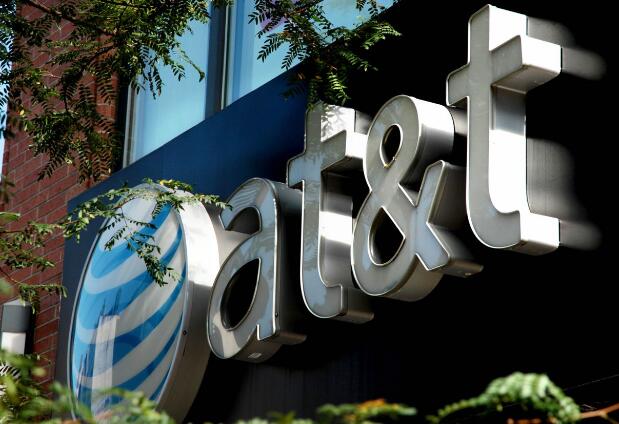
AT&T announced Thursday it will stop selling its customers’ location data to third-party service providers following a report this week said users’ location data was winding up in the wrong hands.
When Motherboard revealed a complex chain of unauthorized information-sharing that helped a bounty hunter successfully track down a reporter’s device, the federal lawmakers demanded an investigation into the alleged misuse of data. AT&T made the announcement closely.
“In light of recent reports about the misuse of location services, we have decided to eliminate all location aggregation services — even those with clear consumer benefits,” AT&T said in a statement. “We are immediately eliminating the remaining services and will be done in March.”
According to a report, the location data began at T-Mobile. It is first shared with a “location aggregator” that shared data with a phone location service. Then, it shared data with a bounty hunter and next with a source that finally sent the phone’s location to Motherboard.
Your phone tells others your whereabouts. It works as cell towers and GPS data provider, offering nearly pinpoint accuracy on your every move. Sometimes, the location data from your phone can be used for legitimate purposes like locating your lost device and emergency roadside assistance. The law enforcement can use the location data to build cases and find criminals accurately. However, stalkers and criminals use it too. The location sharing lets stalkers and criminals track your phone on the dark web.
As a congressional probe found that some of prison officials misused Version’s location data to spy on regular American users, AT&T had already suspended its data-sharing agreements with a number of so-called “location aggregators” last year. AT&T mentioned that they would maintain the agreements that consumers would benefit. For example, they kept location sharing for roadside assistance services.
This announcement Thursday went much further. They promised to finish eliminating the remaining services in March. For users, it is a victory of privacy protection.
Published by on January 11, 2019 7:31 am, last updated on January 11, 2019 7:31 am



Leave a Reply
You must be logged in to post a comment.